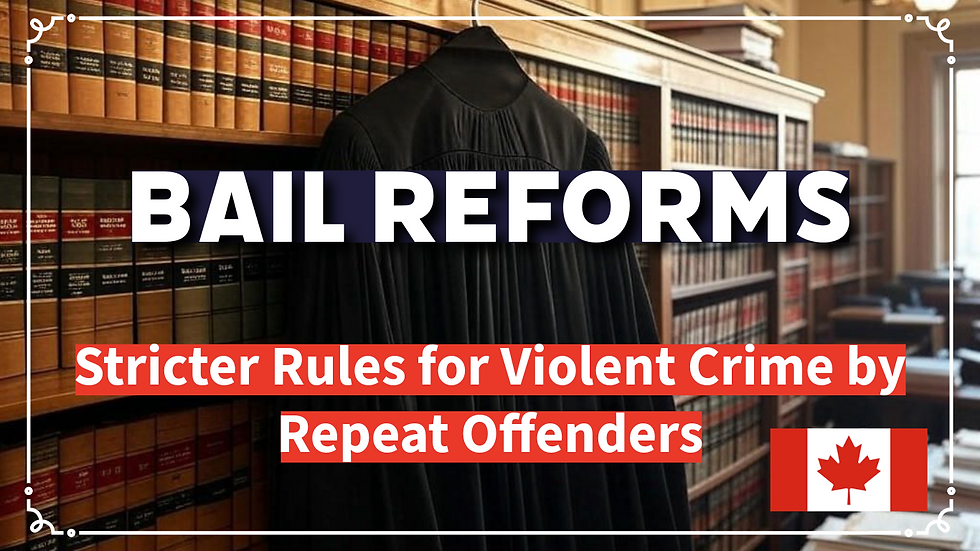"Supreme Court Takes Strong Stance Against 'Bulldozer Justice,' Calls for Nationwide Guidelines"
- M.R Mishra

- Sep 3, 2024
- 2 min read
The Supreme Court of India has taken a strong stance against the practice known as 'bulldozer justice,' where homes of individuals accused or convicted of crimes are demolished by authorities.
The Court questioned the legality and fairness of such actions, emphasizing that demolitions should not occur solely based on someone's involvement in a criminal case.

This practice has gained significant attention and controversy across various parts of India, where authorities have been using bulldozers to demolish the properties of accused individuals, sometimes even before the legal process has been completed.
During the proceedings, Senior Advocate Dushyant Dave, representing the petitioners, urged the Court to issue directives that would prevent such arbitrary demolitions nationwide. He highlighted cases where homes were demolished simply because a family member was accused of a crime, arguing that this approach unjustly punishes entire families for the actions of one individual.
He also pointed out instances where rented properties were demolished, despite the fact that the landlords had no involvement in the criminal activities of their tenants.
Solicitor General Tushar Mehta, representing the government, acknowledged that demolitions should only be carried out if the property is illegal or violates municipal laws. He argued that the issue has been misrepresented and stressed that legal processes must be followed before any property is demolished.
The bench, comprising Justices BR Gavai and KV Viswanathan, expressed concern over the lack of clear guidelines governing demolitions in such cases. They suggested that nationwide procedures should be established to ensure that demolitions are carried out lawfully and fairly.
The Justices emphasized that while illegal constructions should not be protected, there must be a documented process in place, including issuing notices, allowing time for legal remedies, and only then proceeding with demolitions.
The Court cited specific cases, such as the demolition of a house in Udaipur following a violent incident involving a student, questioning whether it is justifiable to destroy someone's home because of the actions of a family member. Justice Viswanathan remarked that demolishing a house due to the actions of a son is not an appropriate response and highlighted the need for a legal framework to address such situations.
In response to these concerns, the Court announced its intention to reconvene on September 17 to further deliberate on the issue. The Justices invited stakeholders to submit suggestions on how to tackle the problem, indicating that they are considering laying down guidelines that would apply across the country to prevent arbitrary demolitions and ensure that any such actions are taken in accordance with the law.
The hearing also saw a heated exchange between Solicitor General Tushar Mehta and Senior Advocate Dushyant Dave, reflecting the intensity of the debate surrounding 'bulldozer justice.' Justice Gavai intervened to calm the situation, reminding the senior lawyers to maintain decorum in the courtroom.
The practice of 'bulldozer justice' has sparked widespread criticism, with many questioning how the administration can demolish homes before guilt is legally established. Critics argue that this practice not only undermines the rule of law but also unfairly punishes families and communities for the actions of individuals. The Supreme Court's decision to address the issue and consider establishing nationwide guidelines marks a significant step toward ensuring that demolitions are conducted in a fair and legal manner.






Comments